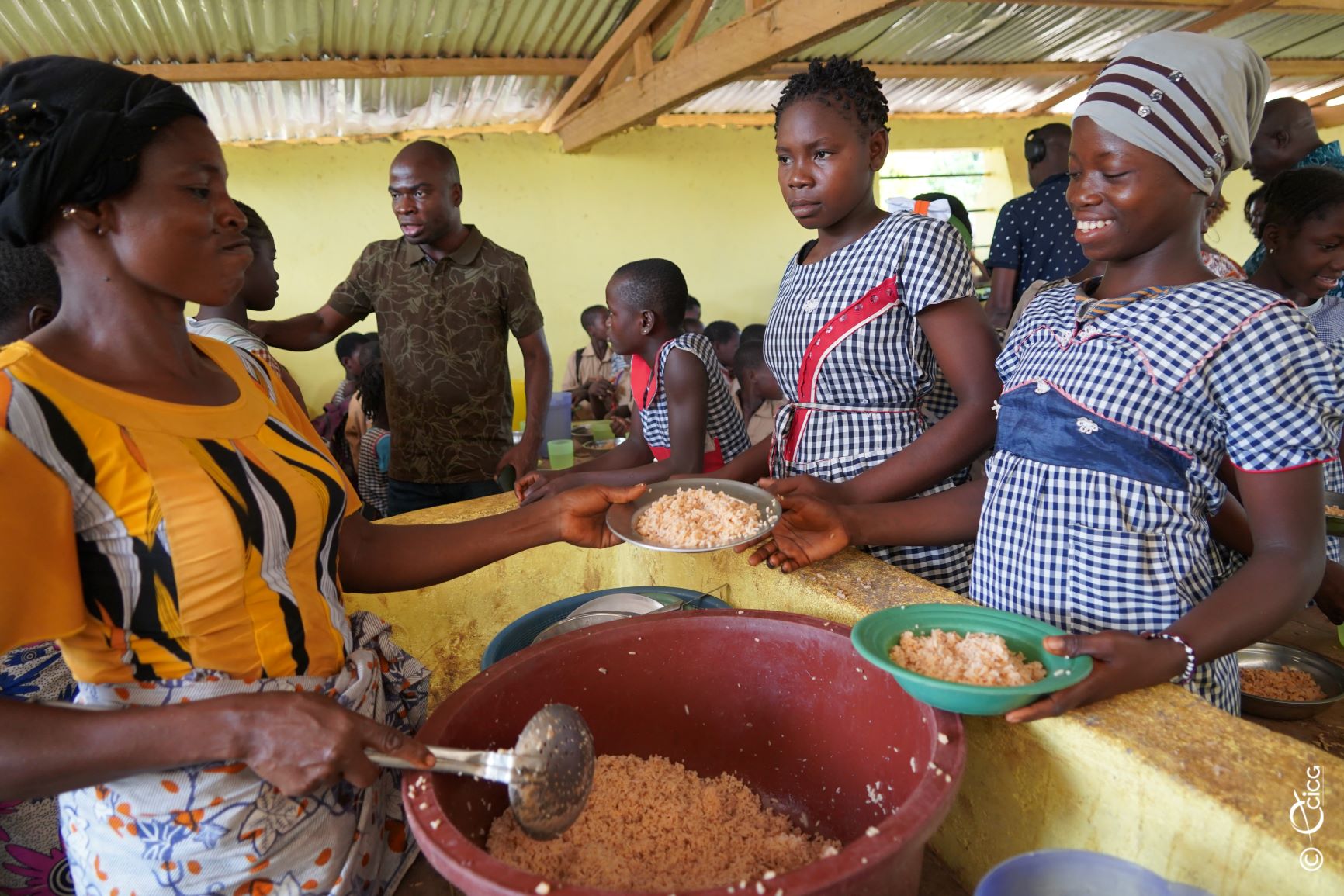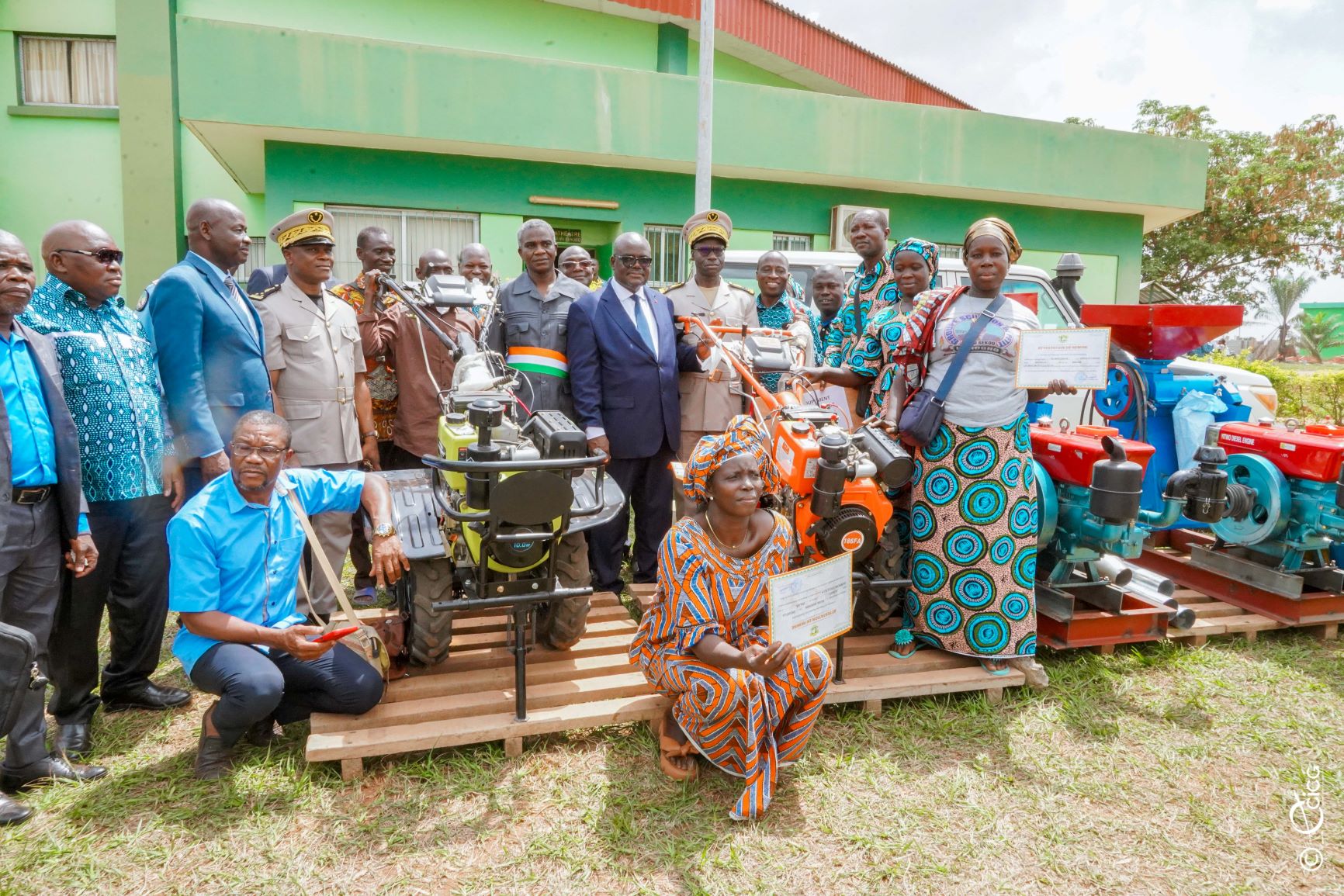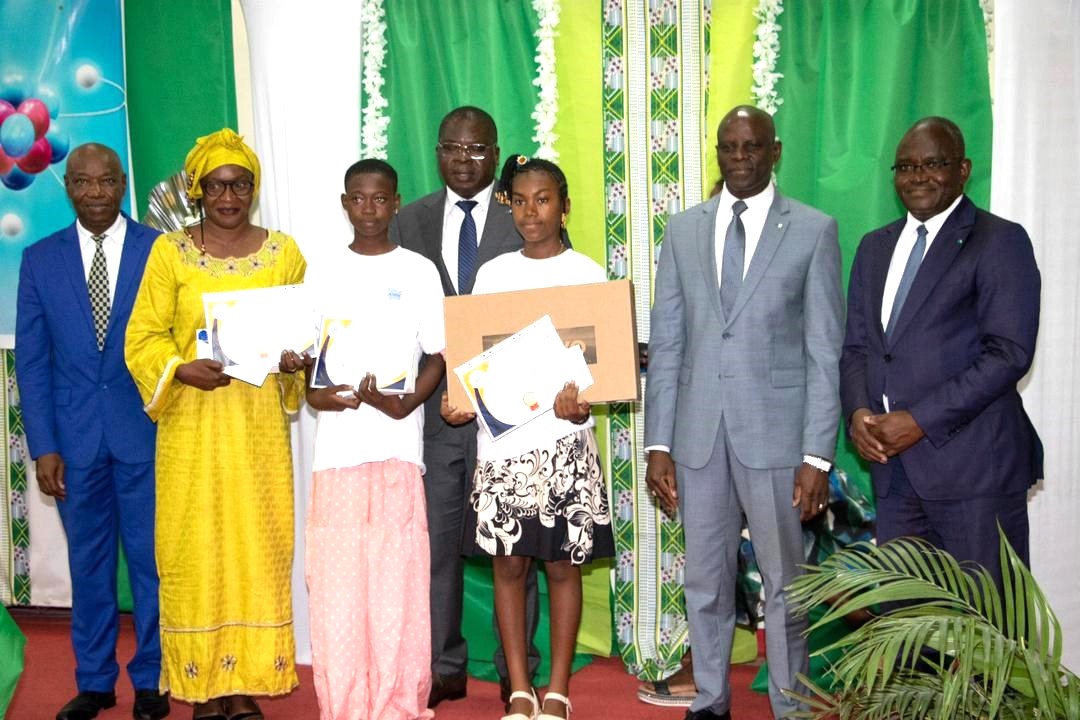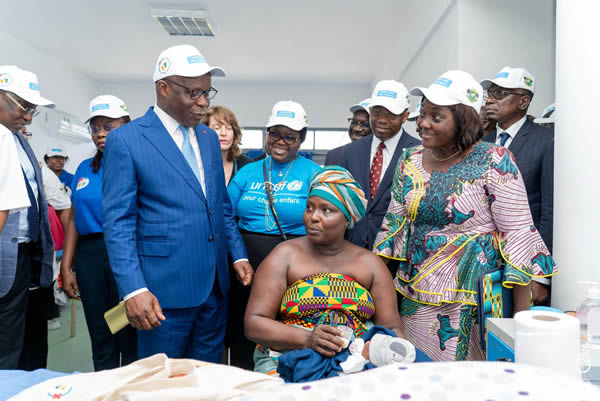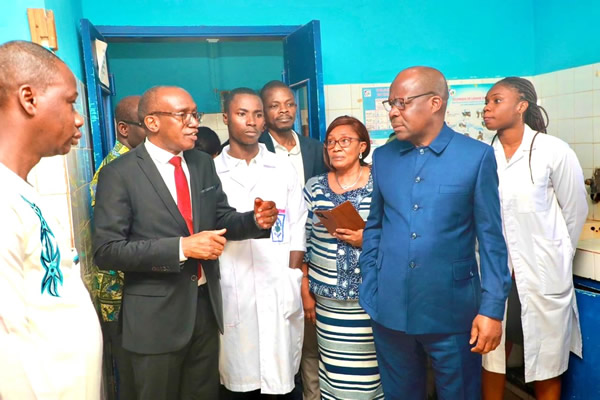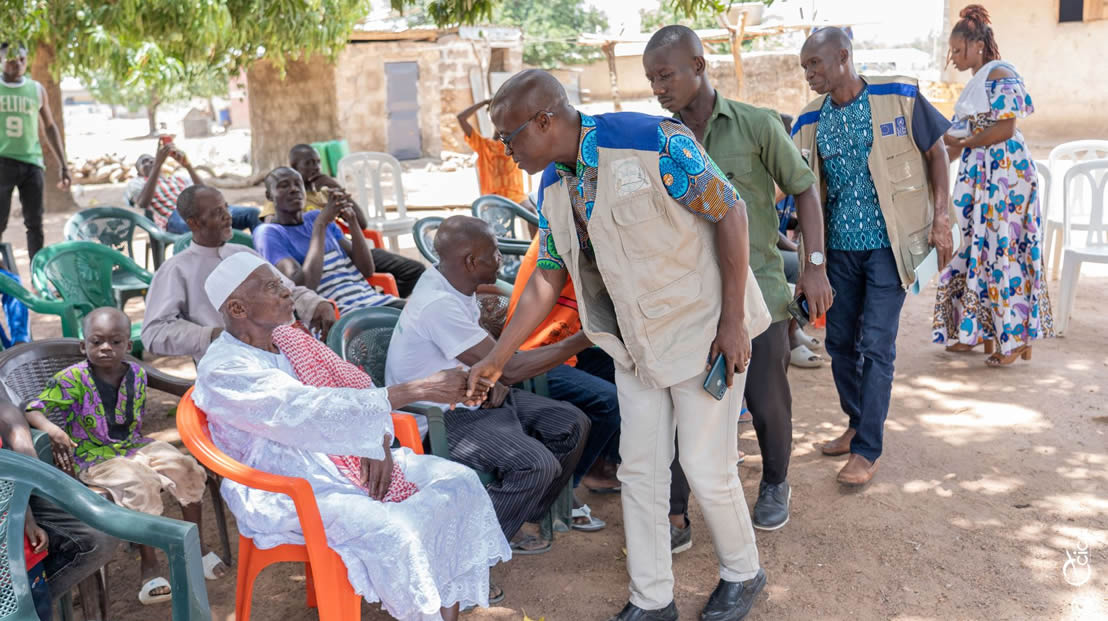Bouna, in the Bounkani region of Ivory Coast, is making strides in providing school canteens to its students. However, while the progress is commendable, significant challenges remain in ensuring all children have access to nutritious meals during the school day.
State of School Canteens in Bouna
Of the 233 schools within the Regional Directorate of National Education and Literacy (DRENA) of Bouna, 118 have established canteens. These canteens serve a vital role, providing meals to over 20,500 students. The collaboration between the World Food Program (WFP), the Ivorian government, and local communities has been pivotal in achieving this progress.
EPP Kokpingué, a school located approximately 40 kilometers from Bouna, serves as a prime example of this partnership. The school's canteen, funded by the WFP with support from the "Lagabénou" agricultural group, allows students to purchase a meal for the affordable price of 25 FCFA.
Types of School Canteens
Adama Coulibaly, the regional coordinator for school canteens in Ivory Coast at DRENA in Bouna, outlines two primary types of canteens:
WFP-Funded Canteens:
Supported by the World Food Program with community assistance, these canteens serve approximately 4,500 students for 70 days.
Government-Funded Canteens:
The Ivorian government funds these canteens, also with community support. They provide meals to around 16,000 students for a period of 26 days.
Communities play a crucial role in bridging any funding gaps to ensure students have access to meals.
Challenges and the Need for Greater Support
Despite the progress, the regional coordinator for school canteens in Ivory Coast emphasizes the persistent need for increased support. One of the most significant challenges is the lack of canteens in all public primary schools in the region. Addressing this need will require the continuous commitment of donors, education leaders, and communities.
The Success Story of EPP Kokpingué
The EPP Kokpingué exemplifies the positive impact school canteens in Ivory Coast can have. The school's canteen ensures all 246 students, including 113 girls, receive a nutritious meal each school day.
The partnership with the Lagabénou agricultural group has been instrumental in supplementing the WFP's support, ensuring the canteen has the necessary resources. In the past three years, Lagabénou has donated over 3 tonnes of food to the school canteen.
Lagabénou's Commitment and Challenges
Ouattara Kouamé, secretary-general of Lagabénou, highlights their dedication to supporting the school canteen. Since 2011, the group of 60 members, including 45 women, has worked tirelessly to provide food and other necessities. Their efforts have earned them recognition and support from the government.
However, Lagabénou also faces challenges, such as limited water supply during the dry season and a dilapidated storage facility. To overcome these hurdles and further enhance their support for the school canteens in Ivory Coast, they are seeking assistance in obtaining a large borehole and agricultural inputs.
School Canteens: A Foundation for Educational Success
The examples from Bouna illustrate the potential of school canteens in Ivory Coast to transform the lives of students. By providing access to nutritious meals, canteens help create a conducive learning environment, contributing to better educational outcomes and paving the way for a brighter future.




